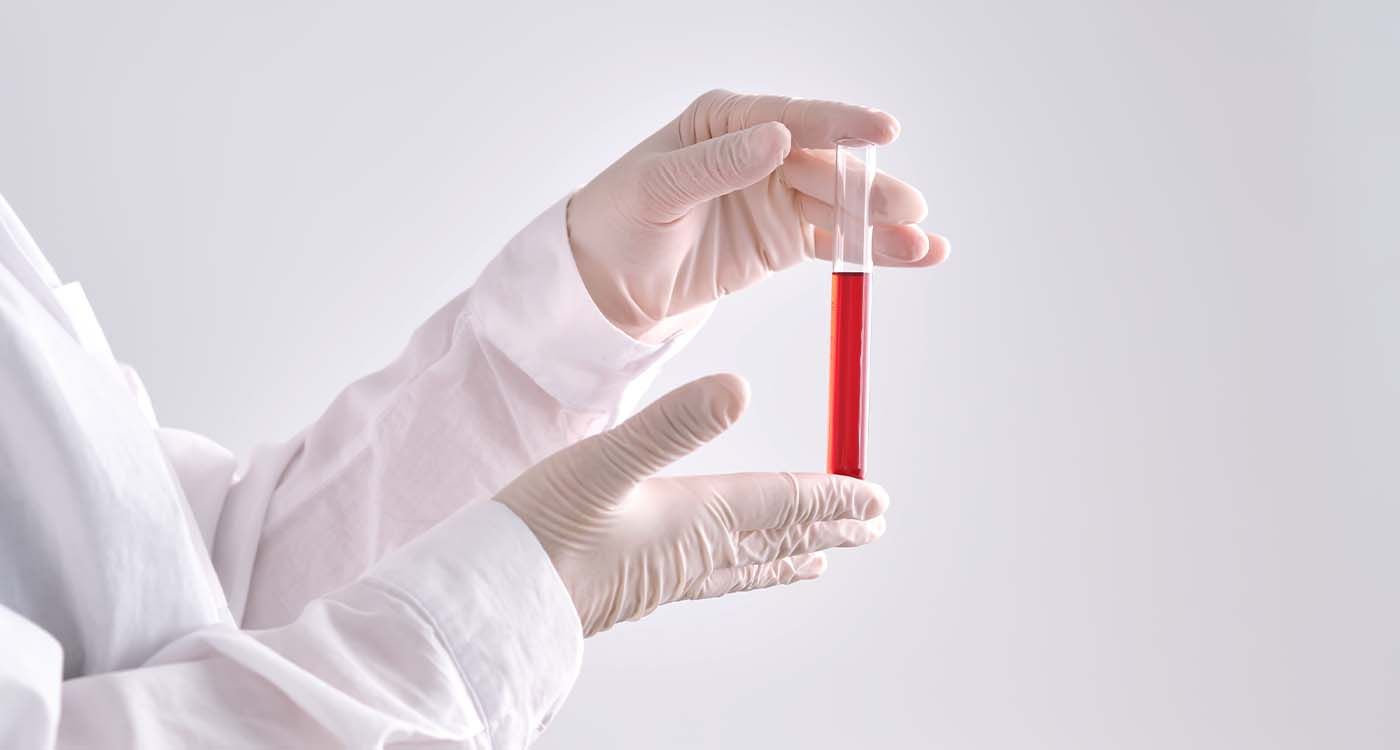
A French woman of Guadeloupean origin has been identified as the only person in the world carrying a previously unknown blood group. Dubbed “Gwada negative,” the profile challenges existing classifications and presents a unique problem for transfusion medicine.
This global first concerns a 54-year-old French woman living in Paris. Her unique immunohematological profile, named “Gwada negative” in tribute to her Caribbean roots, has just been officially recognized as the 48th human blood group system by the International Society of Blood Transfusion (ISBT) under the scientific designation PIGZ.
It all started in 2011 during a routine preoperative blood test. Biologists at the hospital treating the woman detected a puzzling anomaly: an unidentified antibody that didn’t match any known blood group. According to Thierry Peyrard, a medical biologist at the French Blood Establishment (EFS) and researcher at Inserm, the tools available at the time couldn’t provide a definitive identification. It wasn’t until next-generation genetic sequencing became available in 2019 that the mystery began to unravel.
The analysis uncovered an extremely rare genetic mutation affecting a crucial protein responsible for the structure of red blood cells, encoded by the PIGZ gene. Inherited from both parents—each a silent carrier of a variant gene—the mutation gives the patient a uniquely incompatible blood profile, entirely unmatched by any known blood group, including the widely common O negative.
For researchers, this discovery is more than a scientific curiosity, it poses a serious clinical challenge. The woman can only receive blood from donors with the same rare blood group. So far, she remains the only known person worldwide with this profile. Attempts to find a match within her family have failed: her siblings are heterozygous carriers, each carrying only one copy of the mutated gene, which is not enough to express the blood group.
The research team described the case as both extraordinary and concerning. In the event of an accident or emergency surgery, no compatible donor could be found, making transfusion from any known source impossible. This situation demands extremely careful medical oversight and long-term management. As a precaution, samples of her own blood have been cryopreserved for possible autotransfusions, and she has been issued a special medical ID card.
To ensure her long-term safety, health authorities are launching a targeted blood donation appeal within Afro-Caribbean communities—particularly in Guadeloupe, Martinique and French Guiana—to identify potential carriers of the same blood profile.
While this discovery is remarkable, it also exposes a critical shortfall in blood transfusion policies: the lack of genetic diversity in blood supplies. In France, over 85% of donors are of European descent. Yet, rare blood groups like Kell null, Bombay and now Gwada negative primarily appear in non-European communities—groups that remain significantly underrepresented in blood donation campaigns.
For the patient, this discovery has deeply affected her daily life. In an interview with France-Antilles, she spoke with quiet composure, “I didn’t expect this. It was a shock, of course, but also a great responsibility. I tell myself that perhaps, one day, my blood could save someone like me.”
Her case is now under close monitoring by a dedicated team at the French Blood Establishment (EFS). A scientific study is pending publication in the journal Transfusion Medicine and Hemotherapy. Researchers hope that identifying more cases will clarify the mutation’s prevalence and its wider implications.
For medicine, “Gwada negative” is a clear warning sign. It underscores that beyond established classifications, human biological diversity still holds many uncharted areas.
The Vital Role of Rare Blood Types
- Absolute compatibility required: In cases of unknown blood groups, even a so-called “universal” transfusion (such as O-negative) can trigger a fatal immune reaction.
- Rare profiles often linked to ethnicity: Some rare blood groups are tied to geographic origins and are absent from standard blood banks.
- Targeted donation campaigns needed: To ensure equitable care, authorities must expand donor drives to better include underrepresented populations.
-Toward more inclusive medicine: The recognition of “Gwada negative” highlights the need for a more detailed genetic mapping of the French population.

Comments